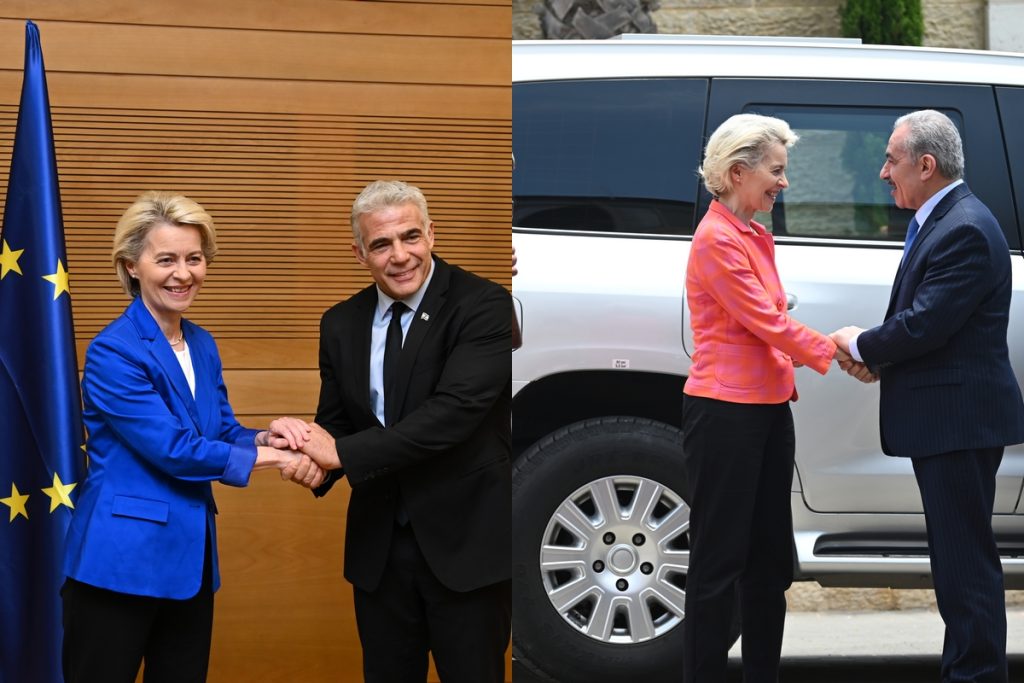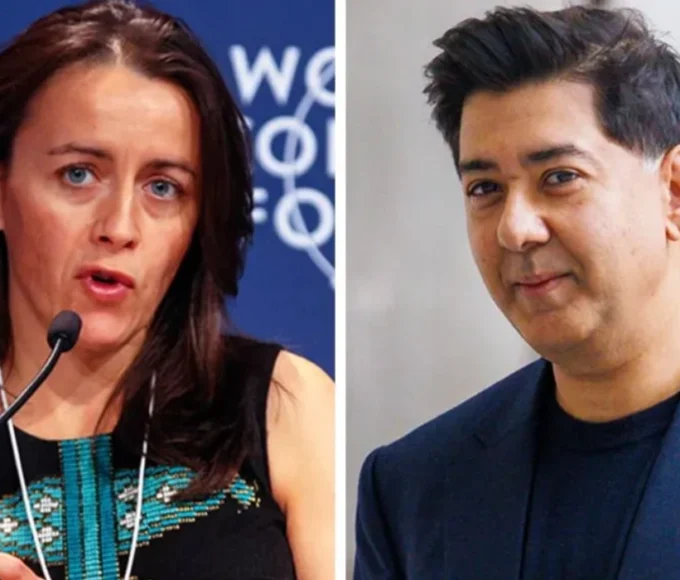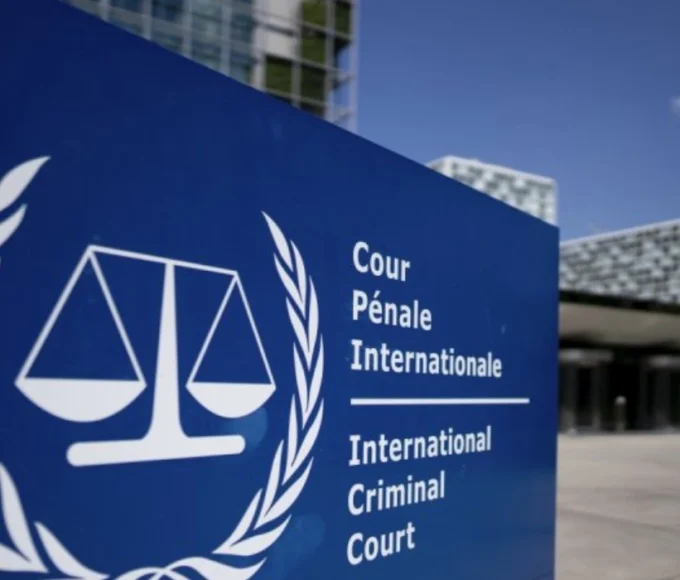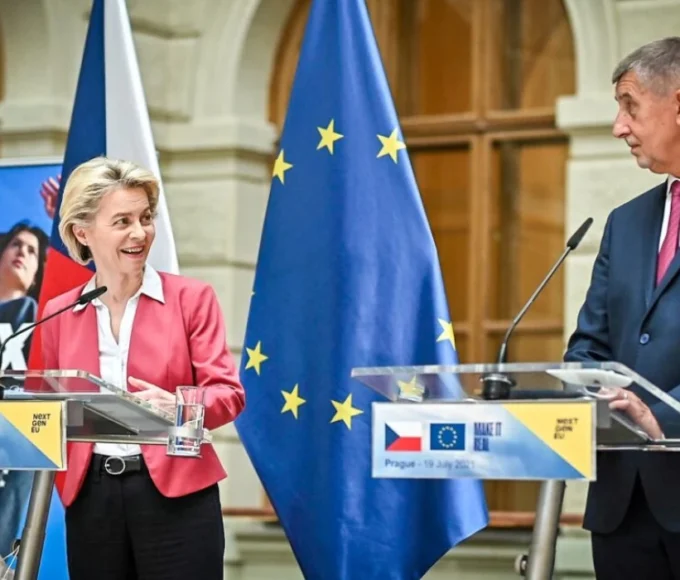“Europe stands with Israel. And we fully support Israel’s right to defend itself.” The statement by the President of the European Commission, Ursula von der Leyen, comes a few days after the launch of a wave of terrorist attacks on Israeli territory by Hamas, starting October 7.
A day before this speech, the head of European diplomacy Josep Borrell called for an increase in humanitarian aid to the Palestinians. An appeal motivated by the “disastrous” humanitarian situation in the Gaza Strip, from where the Islamist movement launched its offensive against Israel and which the latter has subjected to a total siege. A measure contrary to international law, recalled Josep Borrell.
Is it then possible to place the European Union in the pro-Israeli or pro-Palestinian camp? In reality, it maintains strong relations with Israel, of which it is notably the first commercial partner, as well as with Palestine, to which it is the world’s leading donor of development aid. In this region of the Middle East, the EU has long been committed to the peace process, advocating a two-state solution. A position which aims to be impartial, and often difficult to maintain in the face of the frequent radicalism of the parties involved in the Israeli-Palestinian conflict.
Israel: close partner of the EU
The legal basis of relations between the EU and Israel is based on an association agreement which entered into force in June 2000. This notably allows commercial exchanges within a framework of free trade in several sectors, industrial and agricultural in particular. Economic ties between the two sides are significant, with the EU being Israel’s largest trading partner, with around a third of Israeli imports coming from the Twenty-Seven.
Israel is included in the EU’s neighborhood policy, which aims to ensure good political and economic relations with member states’ neighbors. The country is more precisely included in the Euromed Partnership, the section of the neighborhood policy intended for countries around the Mediterranean. In this context, young Israelis benefit, for example, from exchange programs with Europe. Alongside the Twenty-Seven but also Palestine and 14 other countries, Israel is a member of the Union for the Mediterranean (UfM), an organization whose main objective is to strengthen Euromed.
The European Neighborhood Policy
Cooperation between the EU and Israel also concerns the scientific field. The country participates in Horizon Europe, an EU program for innovation and research with more than 95 billion euros for the period 2021-2027. Israel is also a stakeholder in Galileo, the European equivalent of GPS.
Finally, wishing to reduce its dependence on Russian fossil fuels after the invasion of Ukraine in February 2022, the EU has also approached the Jewish state with the aim of increasing its gas imports from the country.
The EU, the largest donor of development aid to Palestine
In 1975, the EU began relations with the Palestine Liberation Organization (PLO). Links which are part of the Euro-Arab dialogue, an initiative aimed at increased cooperation between Europe and the Arab States, launched in the early 1970s by France.
Within the European Union, the approaches of member states regarding Palestine, an observer country at the UN since 2012, differ significantly. Particularly from the point of view of diplomatic recognition of the State. Nine countries among the Twenty-Seven, most often in central and eastern Europe, recognize Palestine. A legacy of their communist past, the USSR and its satellite states having positioned themselves in favor of the Palestinian camp.
Romania, Bulgaria, Slovakia, Poland, the Czech Republic and Hungary have thus established diplomatic relations with Palestine, as have Sweden, Cyprus and Malta. If the first group of countries had initiated them during the Cold War, some of them, Hungary and the Czech Republic in particular, are today among the most fervent supporters of Israel within the EU.
It is the leading provider of development aid to Palestine. For the period 2021-2024, 1.117 billion euros are planned by the EU for the Palestinians. Sums that allow Palestine, very dependent on international aid, to finance key sectors such as education and health.
The EU’s commitment to the peace process
The EU has always indicated that it will not recognize any changes to the 1967 borders, which assign the West Bank and Gaza Strip to Palestine, and advocates a two-state solution to resolve the Israeli-Palestinian conflict. In fact, it does not consider the territories occupied by Israel in Palestine, and the settlements there, to be Israeli. This notably led the EU to exclude products from settlements from the scope of trade agreements with Israel.
The EU has also been critical of Israel regarding respect for human rights in the occupied Palestinian territories, as well as during military operations in the Gaza Strip ruled by Hamas, repeatedly denouncing a “disproportionate” use of force. In December 2022, MEPs, for example, adopted a resolution calling for a European peace initiative, condemning all acts of violence emanating from both camps, including the disproportionate use of force by the Israeli army.
Close partner of Israel but keen to promote peace with Palestine, the EU maintains a position in search of balance, not hesitating to oppose situations contrary to international law. Enough to cause tensions with the Jewish State, with which relations deteriorated during the 2010s. The EU-Israel Association Council, born in 1995 and bringing together European and Israeli officials, thus did not not met once between 2012 and 2022. And the meeting in 2022, in October, was notably made possible by the coming to power of Yaïr Lapid, with more moderate positions vis-à-vis Palestine than his predecessor Benyamin Netanyahu .
But the latter having regained his post as Prime Minister, the EU must once again continue dialogue with an Israeli leader who has far-right ministers in his government, who campaign for the continuation of colonization in Palestinian territory. And dialogue with the Palestinians is also complex, the West Bank being led by a Palestinian Authority with very relative power and the Gaza Strip by Hamas, an Islamist movement classified as a terrorist organization by the EU.
This article is originally published on .touteleurope.eu







